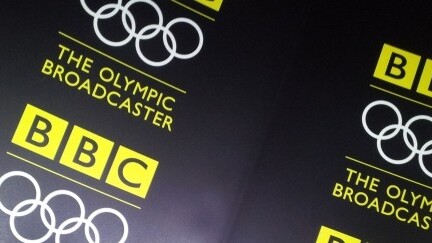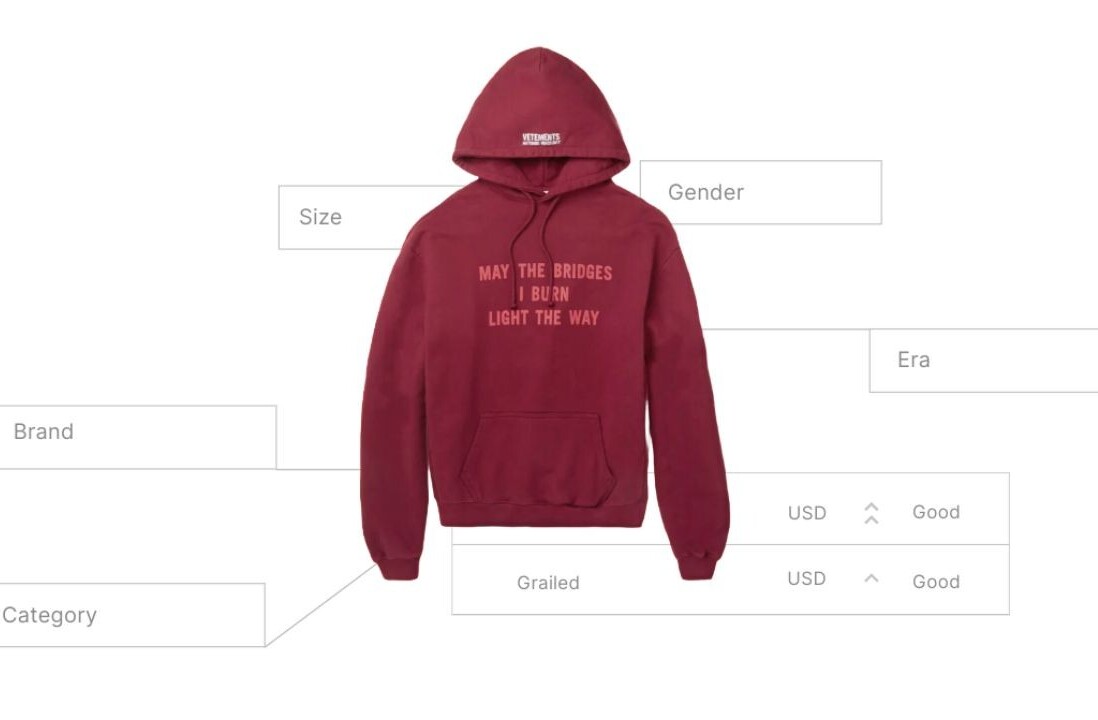
It has been a phenomenally successful Olympics for Great Britain & Northern Ireland, securing third place in the gold medal table behind the might of the USA and China.
But rowers, cyclists, runners and boxers aside, it has been a massive event for broadcasters too, in what the BBC was touting as the first digital Olympics. And its success on this front couldn’t have come at a better time.
BBC vs. NBC
One of the unlikely winners of the BBC’s coverage was VPN providers, in particular AnchorFree, which saw its VPN software downloads grow by 1,849% in the US alone since the Olympics started. Were viewers really clambering to get access to the BBC’s online coverage?
24 simultaneous live streams online via a browser, and across a slew of mobile and set-top box (STB) apps. This was in addition to the four channels through digital TV. If you didn’t want to miss a minute of the action, well, you didn’t have to.
This was juxtaposed against the much-criticized NBC coverage over in the States, which let viewers watch live online through MSNBC and CNBC if they were a paying subscriber, or they could watch on TV…at the mercy of NBC’s tape-delays. The broadcaster often didn’t transmit the action as it happened due to time-zone differences, opting to keep it for prime-time instead – more viewers means more advertising revenue.
It’s also worth mentioning its ringside coverage of the boxing – having gained the privilege of being the only media company allowed to broadcast from so close to the action, this ended in farce, after being asked to leave their position for disrupting the judges. The commentary team apparently then stormed off, refusing to take their position in the main media booths alongside everyone else.
Oh, and in related news, the Independent’s LA correspondent Guy Adams was kicked off Twitter temporarily after he tweeted an NBC Exec’s email address, encouraging the public to contact him to vent their spleen. This followed a barrage of criticism from the journalist directed squarely at NBC’s door.
To summarize, in the UK the BBC generally received warm praise for its holistic, cross-platform (free) coverage, and over on the other side of the pond NBC has been heavily criticized for its coverage, despite the network trying to spin a different yarn.
This is all old news now though, and we don’t want to dwell on well-worn arguments. But what is really worth considering here is the impact the BBC’s coverage will have on its future as a broadcaster. More specifically, will it help it ingratiate itself to the next generation of TV-watching licence-fee payers?
UK TV: A Crossroads

We’re approaching a crossroads for TV in the UK. BSkyB has launched a major game-changer in the form of Now TV, a pay-per-view offering that’s currently service up movies to the masses, though will eventually open its doors to Sky Sports (football). This is in addition to the existing optional subscriptions through BSkyB, Virgin and BT.
The BBC, if you didn’t know, is funded through the TV licence fee – an annual tax (for want of a better word) that everyone must pay if they wish to watch television. Regardless of whether they actively consume BBC content.
I’ve long argued that the TV licence fee must be preserved in the UK. Among many other arguments, I previously wrote:
“The BBC TV licence costs buttons – it’s only £145.50 a year. That’s £2.80 a week per UK household, which is less than the cost of a pint of beer (where I live, at least…). It’s a minor tax, and surely you can forget about that for the greater good? But over and above all this, the BBC offers everyone a little respite from the commercially-driven media that permeates every nook and cranny around the world. In the UK, the BBC is an ad-free zone, and it must remain so.”
The gist of the argument was that you get a lot of bang for your buck. And as with National Insurance, everyone pays for it regardless of how much they use the services their money pays for. We shouldn’t underestimate the value of ad-free TV.
Money, money, money
When money rules the roost, the best interests of viewers are often not at the forefront of decision-making. We saw that with NBC – they could’ve broadcast the key Olympic events live, and also shown them during prime-time. Everyone would’ve been happy then, right? Well, with less people watching during prime-time, advertising suddenly doesn’t cost so much, so this wasn’t a priority.
With the BBC, this isn’t an issue because advertisers don’t enter the fray.
There’s little question that if the BBC ‘model’ was introduced as an idea today, it would be blocked at every hurdle. It is very much a remnant from a bygone age, and there probably is a little bit of nostalgia involved for its defenders. But the Olympics have shown that there is still a lot of life left in the BBC, so long as it can continue to provide value for money.
There are other challenges too, ones that must be addressed. It would be remiss of us not to mention the impact the Olympics has had on other UK broadcasters, including BSkyB. Unlike other sporting tournaments, for example the UEFA Champions’ League and the FIFA World Cup, the Olympics was the sole property of the BBC in the UK. As Adage notes, “TV advertisers are suffering in the UK, because commercial broadcasters’ audience share is tumbling during the games.”
Perhaps some of the coverage should’ve been spread around broadcasters, given their respective audiences will likely have plummeted during some of the bigger events. The way things stand, the BBC is likely to fall under increasing scrutiny and pressure from the other big guns, for holding an unfair advantage over them. The BBC has guaranteed income and doesn’t have to worry about pleasing advertisers, while the rest of the pack do.
However, as we’ve seen over this past fortnight, the BBC is doing a pretty good job of evolving – bridging the halcyon days of yore, with the digital delights of the 21st century.
We’ve previously reported that the BBC’s Perceptive Media experiments could transform TV forever, something it unveiled for the first time last month. And just last week The Next Web was privy to some of the current developments with Super Hi-Vision, trialed by the BBC for the Olympic Games. Here’s roughly what it looks like:
Just to recap, Super Hi-Vision is ridiculously hi-res televisual entertainment that should be hitting our livingrooms some time around 2020.
There will still be many detractors, but with its Olympics coverage, I can’t help but think the BBC has gone some way towards ensuring that the licence fee remains in place for at least another generation.
Get the TNW newsletter
Get the most important tech news in your inbox each week.





